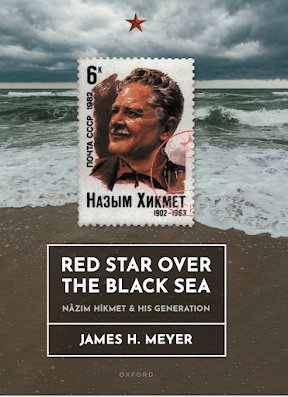Wednesday, April 12, 2023
Putin's air of invincibility is shrinking by the day. But what would happen if he were somehow removed from power?
In my previous post, I speculated on the possibilities of sudden collapse in Russia. My argument was that, as was the case with respect to the Russian Empire and the Soviet Union, there's a possibility of a similarly unexpected downfall in today's Russia as well. While Vladimir Putin by all accounts appears to be quite secure with respect to his ability to maintain his position in power, there is certainly precedent in Russia for seemingly stable regimes falling unexpectedly.
As I noted on Monday, Putin's legitimacy rests largely upon his ability to deliver. He has no dynastic claim. There is no all-powerful party in the manner that there was in Soviet times. Nor is there any real ideology associated with Putin's rule. Instead, Putin's competence has been his primary tool of legitimacy in Russia. And, no matter how much Russian authorities endeavor to hide the truth from their citizens, the fiasco that is the war in Ukraine is becoming increasingly difficult to explain away. So, when your claim to legitimacy is based mainly upon your competence, that legitimacy evaporates once you've been exposed as incompetent.




